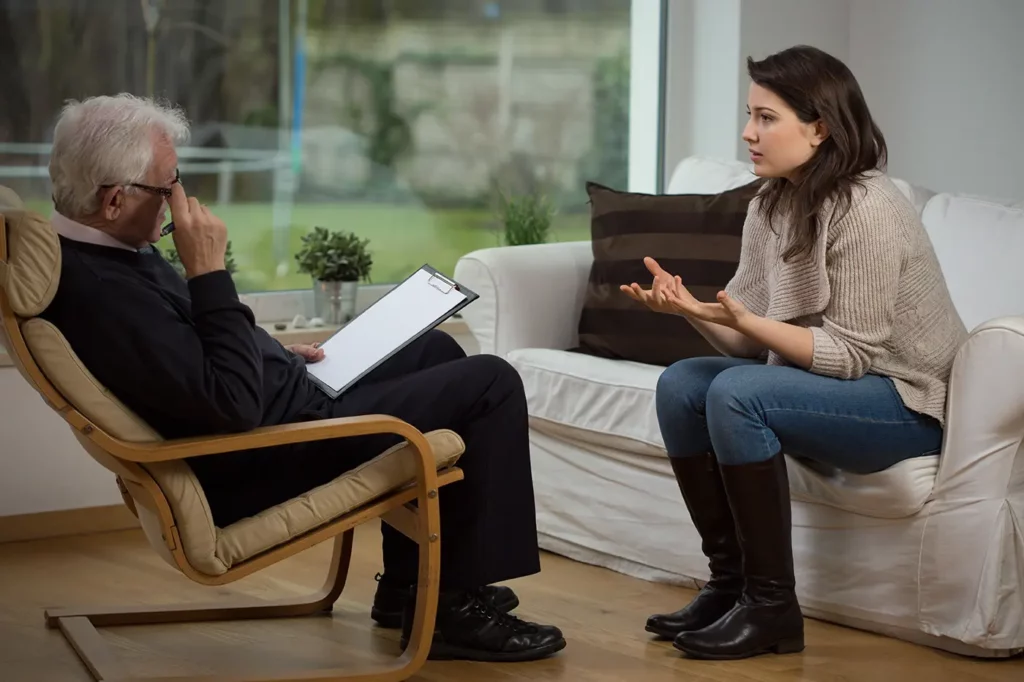24/7 Helpline:
(866) 899-221924/7 Helpline:
(866) 899-2219
Learn more about Opioid Rehab centers in Waynesboro
Opioid Rehab in Other Cities

Other Insurance Options

Private insurance

Horizon Healthcare Service

Sliding scale payment assistance

Cigna

CareSource

Health Net

Medical Mutual of Ohio

Magellan

Kaiser Permanente

Self-pay options

UMR

American Behavioral

Health Choice

Amerigroup

GEHA

PHCS Network

United Health Care

Premera

Evernorth

EmblemHealth

Ogeechee Behavioral Health
Ogeechee Behavioral Health is dedicated to providing those they service with quality innovative beha...

Pyramid Healthcare – Outpatient Treatment Center
Pyramid Healthcare - Outpatient Treatment Center is located in Waynesboro, Pennsylvania. Pyramid Hea...

Centerstone
Centerstone is a private rehab located in Waynesboro, Tennessee. Centerstone specializes in the trea...

Pine Belt Mental Healthcare Resources
Pine Belt Mental Healthcare Resources - Cedar Street offers outpatient treatment for individuals wit...

AA – Alcoholics Anonymous
AA – Alcoholics Anonymous is a non-profit rehab located in Waynesboro, Virginia. AA – Alcoholics Ano...




Gaudenzia
Gaudenzia is located in Girard, Pennsylvania. Gaudenzia addresses the needs of chemically dependent ...

















WestCare Georgia – Boggs Residential Treatment
WestCare Georgia - Boggs Residential Treatment is a therapeutic treatment program for adolescents ma...

Community Mental Health Services
Community Mental Health Services is a public rehab located in Girard, KS. Community Mental Health Se...


































